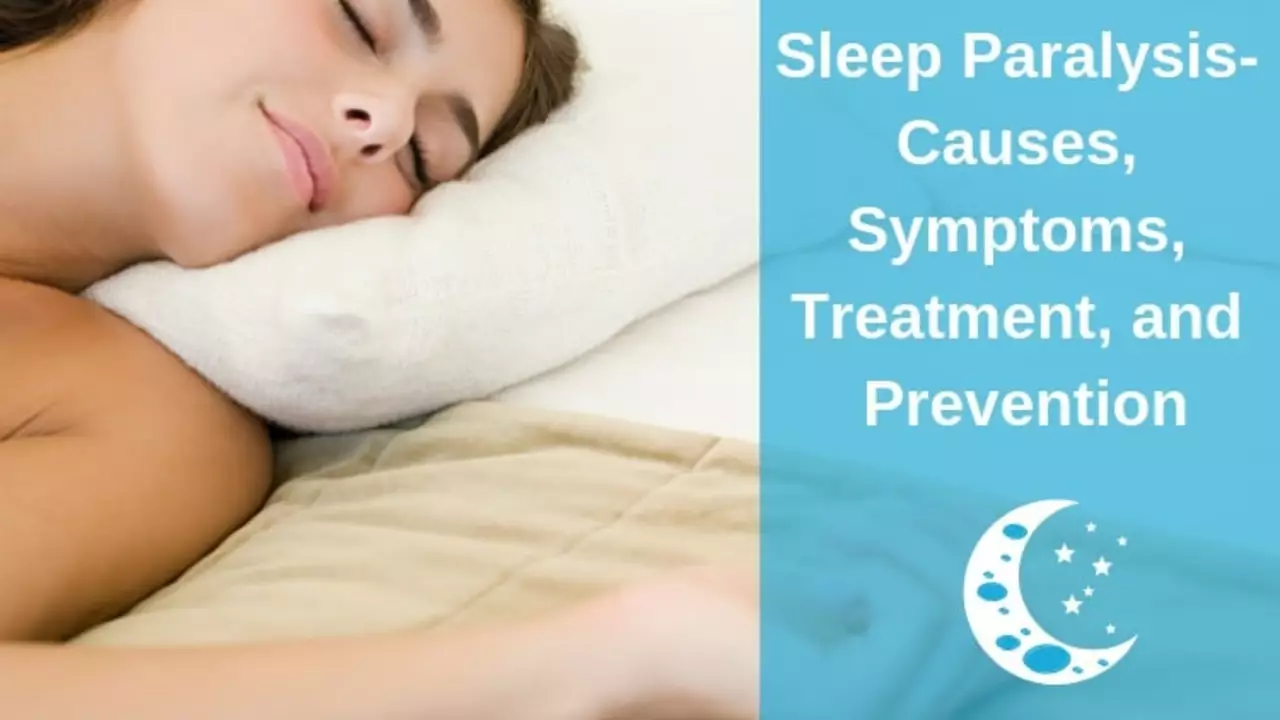Prevention: Simple Steps to Avoid Common Medication and Health Risks
Want to stop problems before they start? Prevention is about small habits that lower the chance of illness, side effects, and costly treatments. This page pulls practical tips you can use today—from safer online pharmacy shopping to lifestyle moves that protect your heart, eyes, and brain.
Medication safety and smart buying
Always check a pharmacy's credentials before ordering prescription drugs online; look for clear contact info, licensed pharmacists, and verified reviews. Keep a list of medications and doses to avoid dangerous interactions and share it with every new provider. When trying a new drug, start at the lowest effective dose and watch for side effects for the first few weeks. Don't combine medications or supplements without checking with a healthcare professional, especially if you take blood thinners, antidepressants, or drugs for the heart. If a pill looks different than usual or the price is suspiciously low, pause and verify the product to avoid counterfeits.
Lifestyle moves that actually prevent disease
Quit smoking to protect your lungs and eyes—smoking raises your risk of macular degeneration and cataracts and worsens many chronic diseases. For heart health, focus on salt reduction, regular exercise, and stress control; these lower blood pressure and reduce the need for beta blockers or other meds. Eat protein, healthy fats, and vitamin D to support hair and bone health, and consider evidence-backed supplements only after checking interactions. Practice good hygiene like hand washing and proper wound care to prevent infections and reduce antibiotic use. For mental health and anxiety, try paced breathing or behavioral strategies before reaching for drugs like propranolol.
Screening and early action save lives: get recommended vaccines, routine blood tests if you have risk factors, and cancer screenings on schedule. Genetic risks for blood clots or other conditions deserve a conversation with your doctor—knowing your risk changes prevention choices. If you have chronic conditions, set up a medication review every six months to catch problems early and to switch to safer alternatives when appropriate.
When choosing supplements or natural alternatives, focus on products with transparent labels and clinical backing. Natural does not mean safe; saw palmetto and other DHT blockers can interact with hormones and medications. Use trusted sources to compare alternatives to drugs like finasteride or terbinafine, and talk to a pharmacist about possible interactions. For sexual health medications, follow dosing guidelines and avoid mixing PDE5 inhibitors with nitrates.
Prevention is practical: keep emergency numbers, maintain a current list of allergies, and store meds in original containers. Review expiration dates and proper storage—heat or moisture can make drugs less effective or unsafe. Small habits today prevent major problems tomorrow. Pick one prevention habit from this page and make it routine this week.
Quick checklist: carry a medication list, confirm pharmacy credentials, quit smoking, get vaccines, schedule regular screenings, review supplements with a pharmacist, store meds properly, and report side effects early. Start with one item and build on it each week for lasting prevention now.
Acitretin Overdose: Symptoms, Treatment, and Prevention
Acitretin overdose is a serious medical condition that can result in symptoms like headache, dizziness, vomiting, and even changes in the skin. Immediate medical attention is crucial to manage these symptoms and prevent further complications. Treatment typically involves supportive care, including managing symptoms and potentially using activated charcoal to prevent the drug from being absorbed in the body. To prevent an overdose, it is important to take the medication exactly as prescribed by your doctor. Always keep all medications out of reach of children to avoid accidental ingestion.

